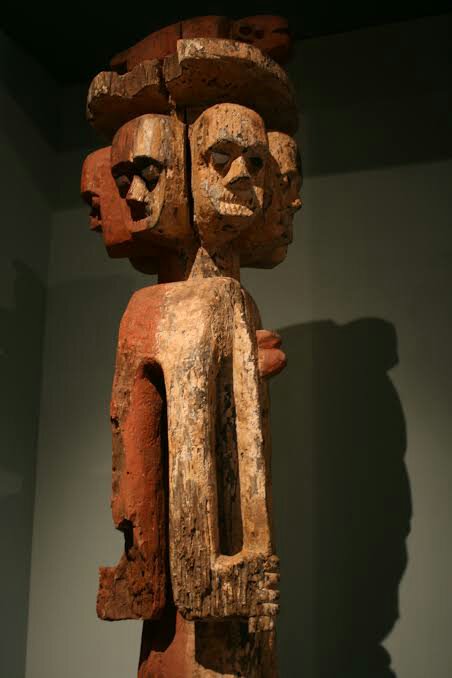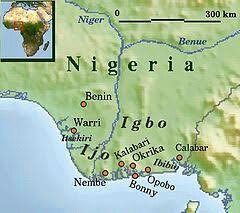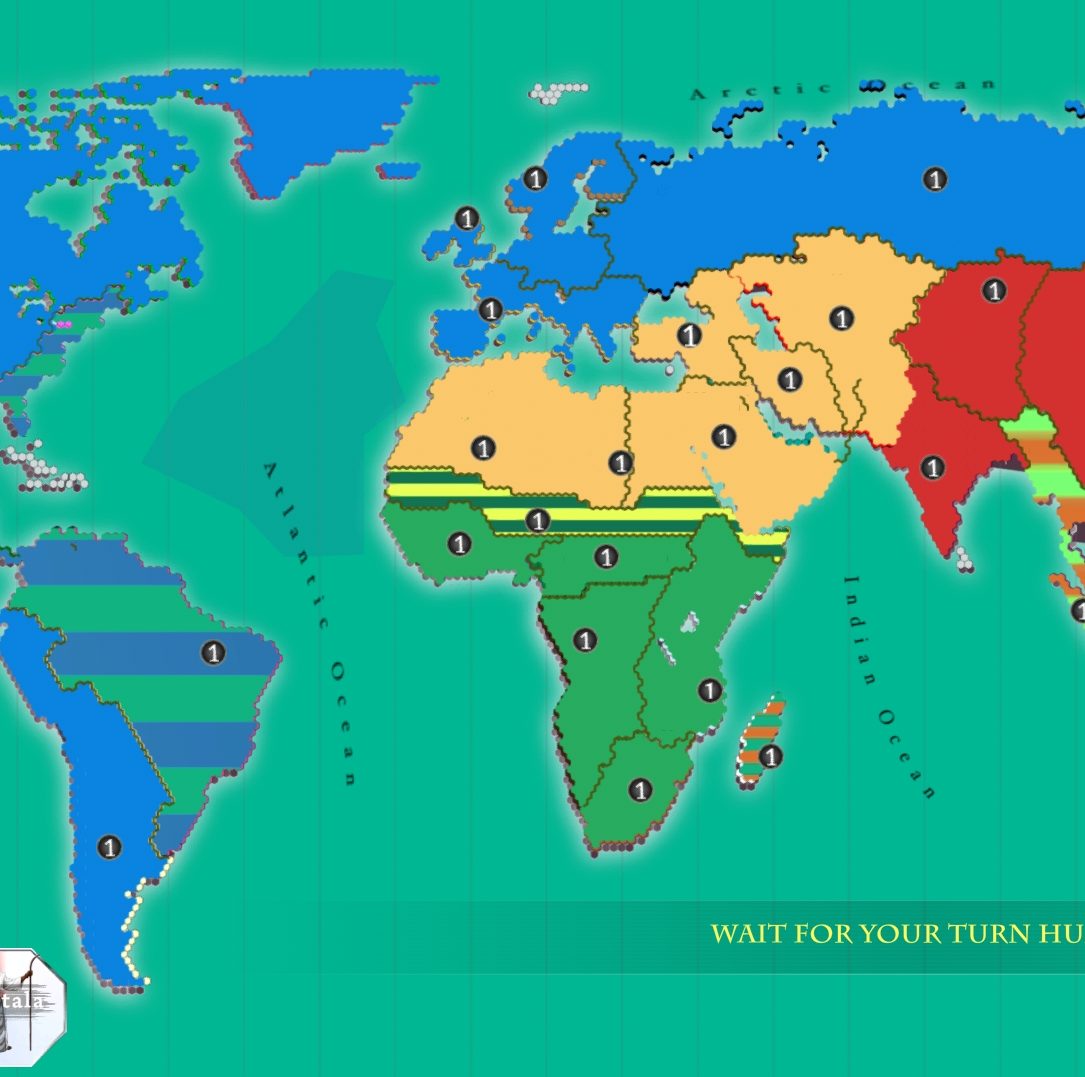
The Ijaws and their Ijoid language subgroup are the strongest linguistic evidence for the West African Origin of Humanity theory. They have the distinction of being the only linguistic subgroup given a class of its own, separate from the Volta-Niger ethnolinguistic groups of Yoruba, Igala, Igbo, Ewe and also separate from the Benue-Congo subfamily that stretches from South Kaduna to South Africa.
Unlike the other African languages known to have diverge from other original African languages within a 500 mile radius, the Ijaw diverged directly from the Original African mother tongue. Though Ijoid peoples stretch along the West African coast, there is no evidence that they ever ventured more than a hundred miles inland.
The reason Ijaw language has been hard to categorize is because the failure to understand that the origin and evolution of humanity started on the West African coast. With new DNA evidence evidence showing that Yoruba have the longest and oldest DNA strand, and anthropological evidence showing that all Niger-Congo ethnolinguistic families shared the same cultural and linguistic foundations, we can point to Ife, the ancient coastal Ife forest reserves, Igbo Irunmole, as the most probable origin of humanity.
The Ijaws like other Original Africans have various creation myths which have been confused by Abrahamic dogma. Most of the myths are tied to different epochs or inter ethnic relationships, but there is always one that points to the true evolution of the ethnicity, which can only be deciphered scientifically.

“The term Ijaw is the Anglicized version of Ijo a variation of (Ijor or Ojo, the ancestor who gave the Izon people their name. Other modern variations include Izon (Ijon) and (Izon (Ujoin) meaning the same thing-other names referring to Izon people are Uzo (at Benin), the original ancestral name Oru (in Ijaw and Igbo) and Kumoni (in Ijaw). These were applicable through the Niger Delta and its environs and are noted by early British visitors. (Alagoa E. J. 1964).
“Written history about the origin of the of the people is scanty. Reliance is more on oral history. One documented version on the origin of Izon by S.K Owonaru is that Ijo was the first son of Oduduwa, the ancestral founder of the Yoruba in western Nigeria. Extra-ordinary strength, virility, and stubbornness led to his being exiled from the kingdom about 600 BC. Ijo was however directed to take charge of the estuary of the river Niger where little was known then. He would only return to Ile-efe upon the death of his father to inherit the throne. Unfortunately, Ijo could not be traced after Oduduwa’s death because he was already in the difficult and nearly inaccessible creeks of the Niger Delta. (Woyengidinikpete G.Y. 2006)”.
From this account, it is obvious that Ijaws came from the same stock that Yoruba, Igbos and Edos came from and their societal organization also depended on the 16-bit knowledge bank, the African information retrieval system known as IFA/Afa/Eha etc. Where Ijaws start and Yoruba Ikale stop in Ondo state is difficult to point out, lending to he linguistic conclusion that all Niger Congo languages are a mere continuum of languages.
Ijaws and other coastal peoples are evident at the beginning of not only Yorubas, but believed to have been among the first Ogisos, Edo priest-kings. Being one of the Original peoples, Ijaws have a practise of cultural assimilation whereby other Original Africans could be accepted as Ijaws if they choose to go through certain ceremonies and creeds.
The Ijaws are one of the oldest ethnic groups in the world and though never really left the creeks, had been used to empower American plantations during slavery and now their ancestors fossils are used as crude oil to power factories across the world.
From Jaja of Opobo fighting against British domination to Niger Deltans fighting against Fulani hegemony, the Ijaws have been fighting a lonely fight against predatory global cultural spheres and despite being greatly westernized, need to rejuvenate their cultural foundations to create a cultural shield and vanguards against foreign colonists. Like others of their original African cultural family, they seek self determination of their culture and resources, but need their cultural linkages to achieve their collective aspirations in this world of giant globalist cultural and economic blocs.
Though Igbos have shown interest in uniting with Ijaws politically as Biafrans, their political unity can only be sustainable on a cultural platform that can only be complete with Yorubas that they share direct genetic and cultural ties. The Efik on the eastern borders of Ijoid land speak the group of languages that evolved between Cross and Benue Rivers.
Therefore all these original African groups of the Niger Congo ethnolinguistic family need to come together with the understanding that they share common genetic and cultural foundations. Otherwise, none will survive over the next 500yrs with their cultural identity intact, in this globalist world of mega cultural and economic blocs of united states united kingdoms and united emirates.








